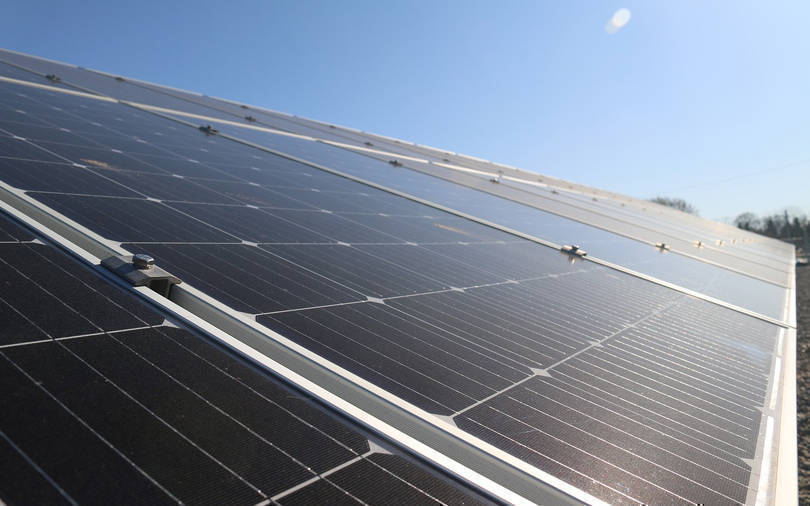The IKEA Foundation and The Rockefeller Foundation have partnered to form a $1 billion global platform to fight climate change.
The platform seeks to empower 1 billion people by catalysing investments in distributed renewable energy (DRE), the foundations said in a joint statement.
DRE is a term used when electricity is generated from sources such as mini-grid and off-grid solutions, located near the point of use, rather than centralised sources like power plants.
IKEA Foundation is the charitable arm of the Swedish family-owned group that runs furniture retailer IKEA, and The Rockefeller Foundation is one of the largest foundations in the US.
The Rockefeller Foundation will incubate the platform in RF Catalytic Capital Inc that the foundation launched last year. “The new global platform will oversee the organisations’ combined matching funds,” it added.
Rajiv J Shah, president of The Rockefeller Foundation, noted that millions of lives and trillions of dollars have been lost to Covid 19, forcing people back into poverty after decades of progress.
“The effects of the climate crisis will make this even worse, which is why we must invest now to reverse this downward spiral,” he added.
Shah also said that partnership with IKEA Foundation will unlock the financing and resources that are essential to provide clean, reliable electricity.
Per Heggenes, CEO of IKEA Foundation, said that if global energy consumption doesn’t change from fossil fuels to renewable energy, the world will not meet the Paris Agreement ambitions and millions of families will be left behind in poverty.
“We need to replace polluting sources of energy with renewable ones, provide access to energy to communities and unlock further funding for sustainable models,” added Heggenes.
In recent years, not just corporate but global asset managers have also launched impact platforms including those focused on climate change to cater to more socially conscious Limited Partners (LPs).
For instance, early last year, private equity firm KKR & Co Inc raised $1.3 billion for a global impact fund, joining peers such as Blackstone and TPG in seeking to invest in companies that strive to solve environmental or social problems.
In 2020, BlackRock-backed group said it aims to raise an initial $500 million for a private equity fund that will invest in climate change-linked infrastructure upgrades in emerging markets.
Also last year, VCCircle reported that Milltrust International’s climate impact fund was likely to increase its India exposure as more companies make efforts to go green.
Last month, European Investment Bank (EIB), in one of its first private equity investments in India, agreed to pump 100 million euros (Rs 886 crore or $120.5 million) in Neev Fund II along with the country’s biggest lender State Bank of India (SBI).
Neev Fund II seeks to provide equity to SMEs focusing on mitigating climate risks, promoting social development, job creation, and gender equality at scale.
In 2019, EverSource Capital and the National Investment and Infrastructure Fund (NIIF) came together to back an India-focused renewable energy platform floated by UK-based development finance institution CDC.
Besides global LPs such as CDPQ, CPPIB and International Finance Corp (IFC) have been investing significantly in the renewables space.
In 2018, Paytm founder Vijay Shekhar Sharma and entrepreneur and venture capitalist Shailesh Vickram Singh had launched a $150 million environment protection fund.
Article Credit: vccircle
